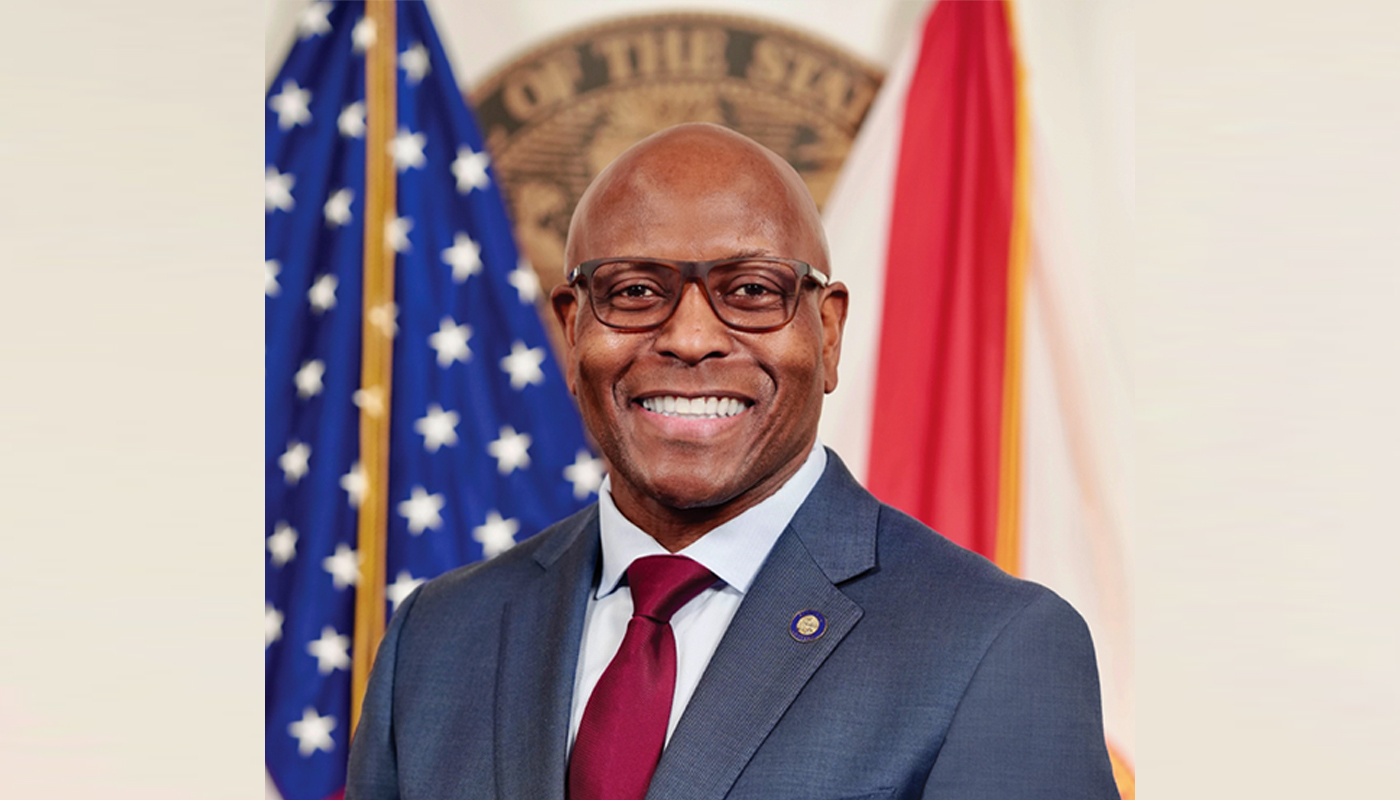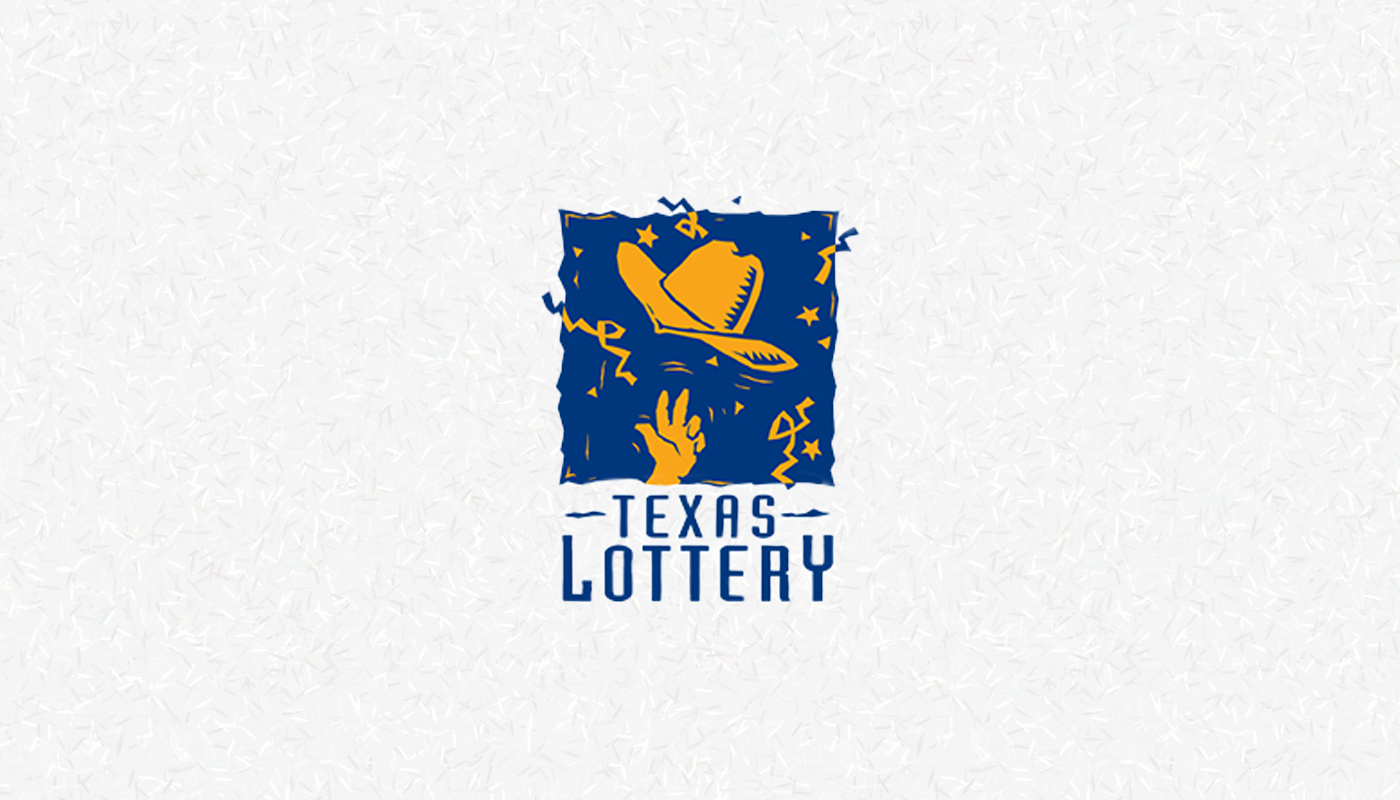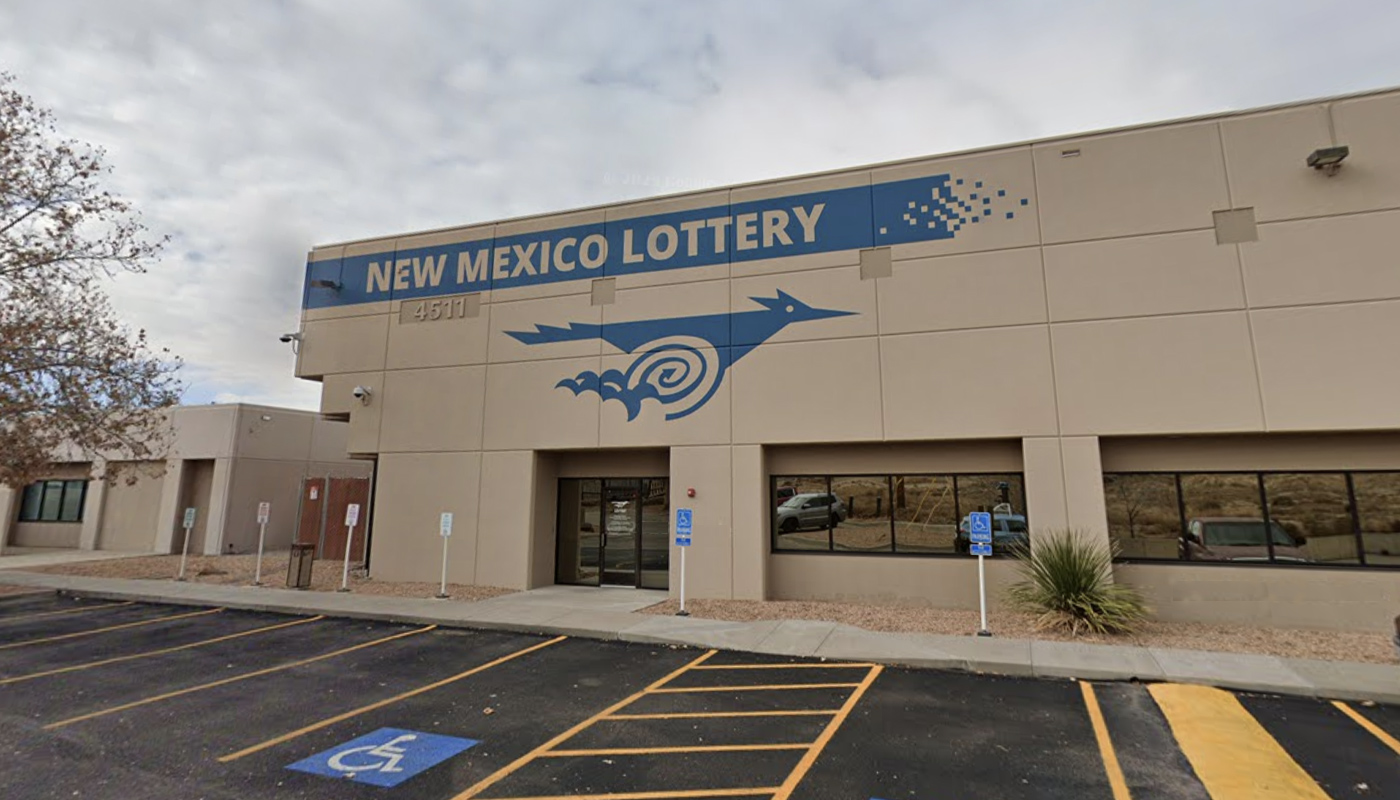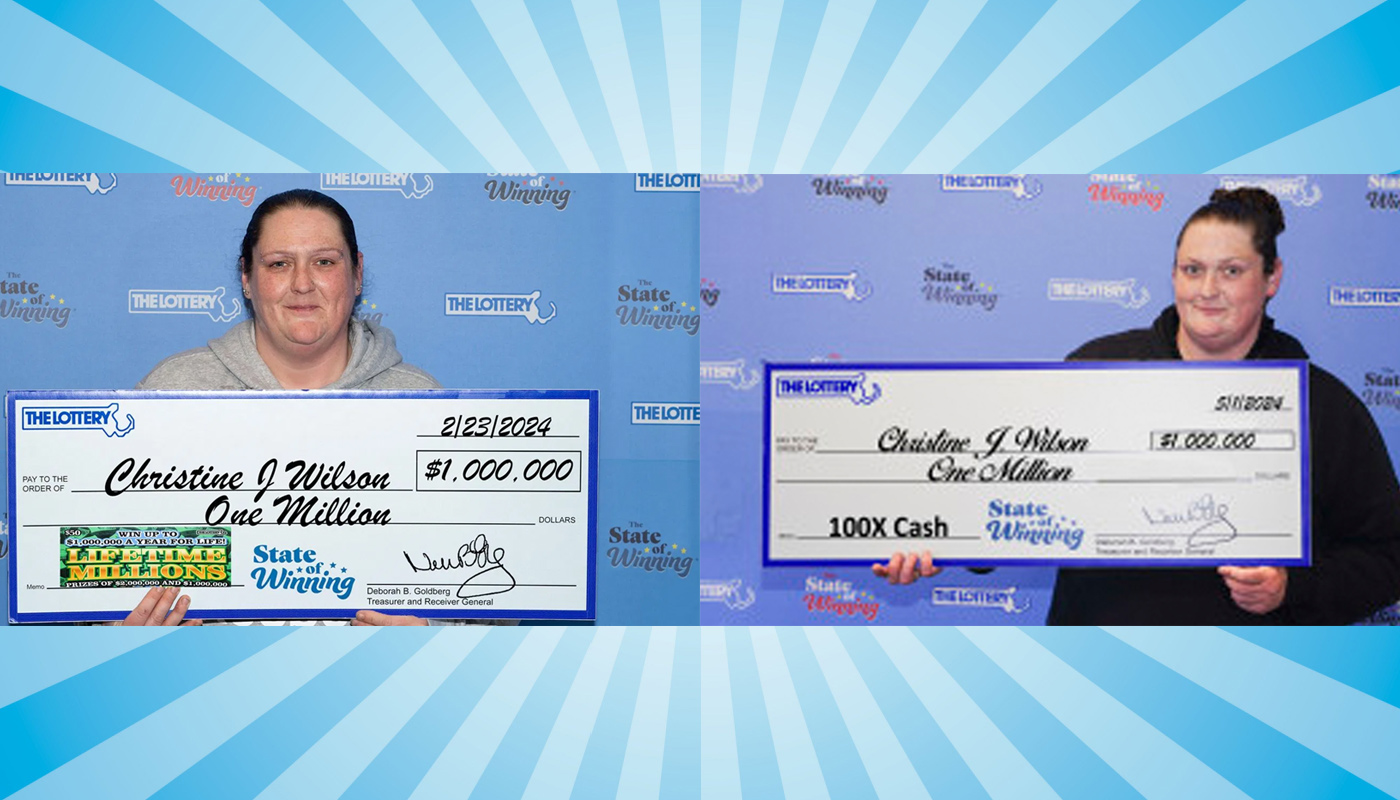
News writer; Opinion columnist
Annika Howard and Frank Suarez represent decades of intelligence in the gambling industry.
Howard, the president and chief executive officer at Wondr Nation, has a wealth of experience in iCasino, lottery, and tribal gambling. Suarez is the CEO of the Connecticut Lottery, bringing his experience from the same post in Washington, D.C.
When it comes to lottery, online gambling, and sports betting, there's little they aren't able to form an informed opinion about.
Lottery USA spoke at length with these industry veterans about the state of the lottery in the United States and what could be on the horizon.
The interview
Q: What's the health of the lottery in the United States, given all the legal competition that's arisen in the last decade?
AH: I think I have an interesting perspective. I've had experience on both the lottery and casino iGaming side of the equation. I had a little detour in the lottery, both for the Illinois Lottery and the Georgia Lottery. And I feel like there are different things that iGaming and sports betting versus lottery really hold.
I feel lottery will always have a place, because a lot of the intent of the lotteries is building infrastructure and building opportunities for the state.
And in the case of Georgia, it was for education. It's for additional programs. And when people think about the lottery and the draw games, I think there is also this nostalgic aspect of the Mega Millions and lottery, and some of those things that will always be present, and kind of the ecosystem.
And in many cases, I've also seen that the customers are a little bit different. And so when you think about cannibalization, it's not necessarily the same customers that are getting lottery tickets that are then going to also play online for iCasino and sports betting. There is some overlap, but in many cases, different people have different preferences that they want to be able to do.
FS: I actually have had the opportunity to work at lotteries, lead the operation of lotteries, but also I operate in sports betting today, operated sports betting when I was the executive director at the DC Lottery and actually regulated sports betting and gaming. So I agree with pretty much everything Anika is saying.
I think when it comes to lottery, we tend to have a little bit of a broader audience appeal. Both because of the games that we have, but also just the retail aspect that we have, we're available almost everywhere you can go. And so I do think that that's a broader demographic that plays the lottery than currently for sports betting and even iGaming and casinos.
I do agree that there isn't a lot of overlap. There obviously is some, there's always some, but you could definitely see the difference in the demographics.
And I think that lottery right now, what I would tell you is 'So far, so good.' There's not a lot of iGaming yet across the country. And so the jury will still be out. But I think for right now, here in Connecticut, we continue to do well.
We are and just like every other lottery in the country, a really important funding source for government programs in each of our jurisdictions. The public sort of has an affinity for the lottery because it's helped so much in their state.
AH: I think that will also continue to sort of differentiate and continue to help the lotteries to drive revenue growth, even as gaming expands. The lottery is also a good supporter of the overall local economy. A lot of lottery retailers are small businesses. And that also helps in terms of sustainability.
Q: Are folks more inclined to gamble on something that sends so much money to good causes?
FS: Having been in the industry, it's not necessarily always why they play, but it is sort of what gives them permission, or they feel better about playing. When they don't win, they also feel good to be able to say, 'Well, that went to education,' or 'That went to senior citizens,' or whatever the program might be. I think it does make them feel better when they play the lottery, that it's going to something good or to the state.
AH: I think what happens is that lotteries feel like, no pun intended, like a safer bet. It feels more familiar, and it's a more established and accepted thing to do. Everyone plays the lottery. With sports betting and iGaming coming into the market, [they're] one of those things that are just an unknown to a lot of people.
Q: What's the lure of the lottery versus other forms of gambling?
AH: I think the barriers to entry are kind of a little bit lower when you can go in and get a lottery ticket or do all that. It's an easier thing to say, 'Hey, do a Pick-3', than trying to go up to a counter and place a parlay or a bet, which can be very intimidating to do if that's not something that you're comfortable with or that you know how to do.
Q: What's the future of iLottery? Will it migrate to phones?
AH: You can buy a cup of coffee using your phone. It's really just kind of an expected convenience to be able to do some of these things electronically. The technology has become more accepted as people are accustomed to having their phone be an extension of who they are. It's a convenience that people want.
FS: It's not whether it will. It has to. I don't know how lotteries will survive if they don't get online and have iLottery products. It's an expectation. As you think of the core player base for lotteries today, they're getting older, and they're going to age out of the category at some point.
And everyone younger uses their phone for everything. The expectation is that you're going to be able to do things online and through your phone. And so lotteries have to do that. The one thing I will call out, though, is a little similar to how iGaming is only going to expand when the regulation changes. Some lotteries also can't expand to iLottery because the regulations don't allow it, or they don't have the political will within their state.
We also have retailers that are very concerned about iLottery because they still haven't been educated on the fact that it's really not going to cannibalize retail.
So it's still an uphill battle for a lot of lotteries to even be able to expand legally into iLottery.
Q: How do you assure retailers they won't be hurt financially?
FS: This is my third jurisdiction where I've had iLottery and retail, and in all of them, it's very clear, one, that it's a slightly different demographic that's playing.
We're getting younger players and also keep in mind when I say younger, I mean like 30-year-olds. But we're getting younger players.
These are the players who don't necessarily want to have that retail experience. They're not going into retail for lottery, and they don't see the value there. When they go to a convenience store, they just want to pump their gas and go. They're not trying to go into the store. So it's really not impacting retail. If anything, what you'll see is that the jurisdictions and the lotteries that have iLottery do great in both. There's something about having the two together.
They both thrive versus one one declining and the other one overtaking it. Just there's a lot of data out there that says that. And you'll see it where they both grow together.
AH: It really expands the market. We have the same argument on casinos, too. If you have a casino and you have iCasino, then does that mean that people are going to stop coming to the casino? No.
I think people have their channel preferences. And what you see is that you want to meet people where they are. There is going to be a core audience that you are never going to get, but we'll still have an affinity for it. So, how do you create an opportunity to kind of capture that audience?
Q: Why do some people only play the lottery when the jackpot is huge?
FS: The valuable thing nowadays is getting people's attention. The news media don't talk about it until it gets closer to a billion. And people are so busy. What I find is that when I think about the lottery, a Powerball ticket is $2.
How much mental capacity and space am I going to put into thinking about buying a ticket for $2? But when it becomes like a billion dollars, I might start to think, 'It's going to be worth it.' When it gets up there, people really start dreaming. It's so much more money than you could ever spend that it just makes it more fun. It becomes more of a social type of idea. Everybody's talking about it. And that's why people start to sort of really get around it.
I would be happy with the $20 million, where it starts.
AH: The irony is your odds are still kind of insane. You have better odds of a lot more things happening to you than winning the lottery.
And I think there's the social element where they can have lottery pools, and people go in and get them together and have all these like strategies for how it needs to be done. So I think it just creates this parasocial kind of connections between people to know that everyone's kind of thinking, 'Wow, wow,' that moment of anticipation and that kind of that time between when you're buying your ticket to whether you know whether or not you won or lost where you can have your kind of thinking anything's possible.”
Q: What will the state of the lottery in the U.S. be in five years?
FS: Obviously, I think the expansion is going to continue. And you've got technology driving a lot of that. So, iGaming, sports betting, that expansion will continue.
But I also think you're going to see a lot more, sort of, a convergence and a consolidation. So, the example I'll give you is DraftKings and Jackpocket. So, they bought a courier. Everyone knows the hope is to sort of be able to go to one place and get everything, right? So, I think you're going to continue to see that.
DraftKings made that first foray into lottery. And I think that opportunity still exists and that convergence is going to continue.
AH: Convergence is a great term because I definitely see that.
I do see that the expansion for sports betting and iGaming is slowing down a little bit. You can see the fight that happened between tribes in California, and I think Texas is still a big market. I think there are still going to be some regulatory and legislative hurdles that are going to need to be overcome for it to expand at the same pace that it started.
I think that it's inevitable that over time it's going to happen. I think it's just going to be a little bit slower clip over these next few years to get some of these things across because it's going to require much more negotiation and consensus to get some of these things done. Those take time.



















Comments